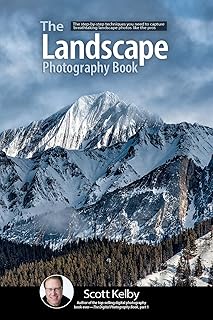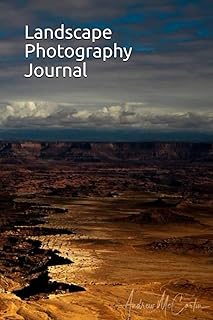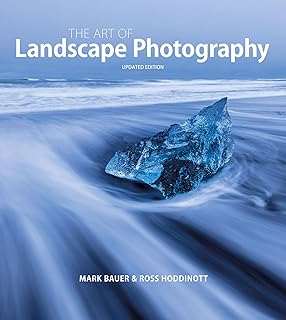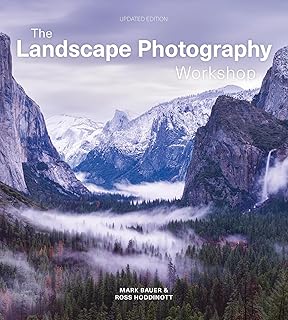Namibia, located on the northwest border of South Africa, is a country with a rich history and diverse landscapes. Colonized as German Southwest Africa in the late 19th century, Namibia gained independence in 1990 and has since become known for its political stability and ecological awareness. The country boasts open landscapes, breathtaking views, and a mix of cultures living harmoniously together.
One of Namibia’s standout attractions is the Namib Desert, the oldest desert on earth, known for its towering sand dunes that meet the Atlantic Ocean coast. Sossusvlei, a salt and clay pan in the desert, is home to some of the highest sand dunes in the world, including famous ones like Dune 45 and Big Daddy. Climbing these dunes offers a unique experience as the wind sculpts the sand into ever-changing formations.
From the desert, a drive to the capital city of Windhoek reveals a different side of Namibia. Windhoek, situated in the central highlands, offers a mix of colonial landmarks, local craft shops, and excellent dining options showcasing the country’s fresh seafood and renowned beef. The coastal city of Swakopmund, with its sandy beaches and colonial architecture, is another must-visit destination along the Atlantic coast.
Namibia’s diverse wildlife can be experienced in places like Etosha National Park, home to a variety of species including elephants, rhinos, giraffes, and lions. The park’s arid landscape provides a unique backdrop for wildlife viewing, with vast herds of desert elephants roaming the area. Other notable attractions in Namibia include Fish River Canyon, the second largest canyon in the world, and Kolmanskop Ghost Town, a deserted diamond mining town engulfed by the desert.
For those seeking cultural experiences, Damaraland offers a glimpse into ancient history with its rock engravings at Twyfelfontein, a UNESCO World Heritage Site. These petroglyphs, dating back thousands of years, depict a range of wildlife and showcase the deep connection between early humans and the natural world.
Dr. Laurie Marker, founder of the Cheetah Conservation Fund in Namibia, has been instrumental in efforts to save the endangered cheetah population. With only about 7,500 cheetahs left in the wild, Namibia plays a crucial role as the cheetah capital of the world. Through her work, Dr. Marker aims to raise awareness about the importance of preserving these majestic animals and their impact on the ecosystem.
Exploring Namibia offers travelers a chance to witness stunning landscapes, encounter diverse wildlife, and immerse themselves in a country with a rich cultural tapestry. Whether climbing sand dunes in the desert or marveling at ancient rock art, Namibia promises an unforgettable journey for those seeking adventure and a deeper connection to nature.
📰 Related Articles
- Discover Phuket: Rich History, Diverse Cuisine, and Outdoor Adventures
- Vienna’s Rich Tapestry: History, Culture, and Culinary Delights
- Taiwan’s Soy Industry: Rich History and Modern Innovations
- Summer Reading Escapades: Diverse Literary Preferences Unveiled
- Sapling Stakes: Rich History and Rising Stars in Harness Racing






